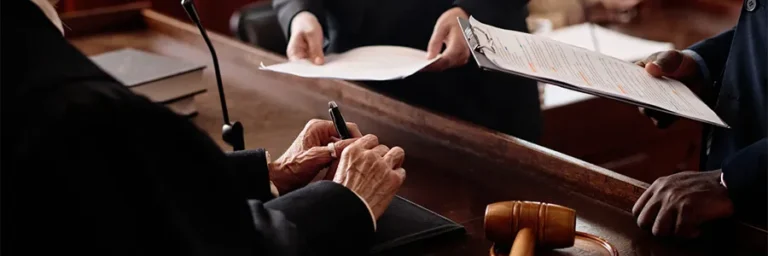Recently, the US Supreme Court issued a ruling that confirmed Congress can continue to exclude residents of Puerto Rico from receiving SSI benefits. SSI provides disability benefits to adults and children who have low income and resources. Experts estimate that this ruling currently affects over 30,000 people who would otherwise receive SSI benefits.
When Congress established the Social Security Income program, the program was only available to residents living in the United States. As a result, American citizens living in Puerto Rico and other US territories were excluded from the program.
In the decision, United States v. Valleo Madero, the Supreme Court determined that Mr. Madero was no longer eligible for SSI benefits. Mr. Madero is a 67-year-old disabled man who lived in New York from 1985 to 2013. In 2012, he became eligible for SSI benefits. But in 2013, he moved to Puerto Rico to care for his wife, and in 2016, the Social Security Administration informed Mr. Madero that because he moved back to Puerto Rico, it was terminating his SSI benefits. The US Supreme Court upheld the denial of his SSI benefits.
In a dissenting opinion, Justice Sonia Sotomayor argued that SSI is a program for all Americans. If Mr. Madero had moved back to New York, it is unlikely that he would pay any federal income taxes but he would nonetheless remain eligible for SSI benefits.
This decision will continue to affect all American citizens living in territories of the United States. People who live in or move to US territories will remain ineligible for SSI benefits.
To read the full decision from the Supreme Court, click here.













